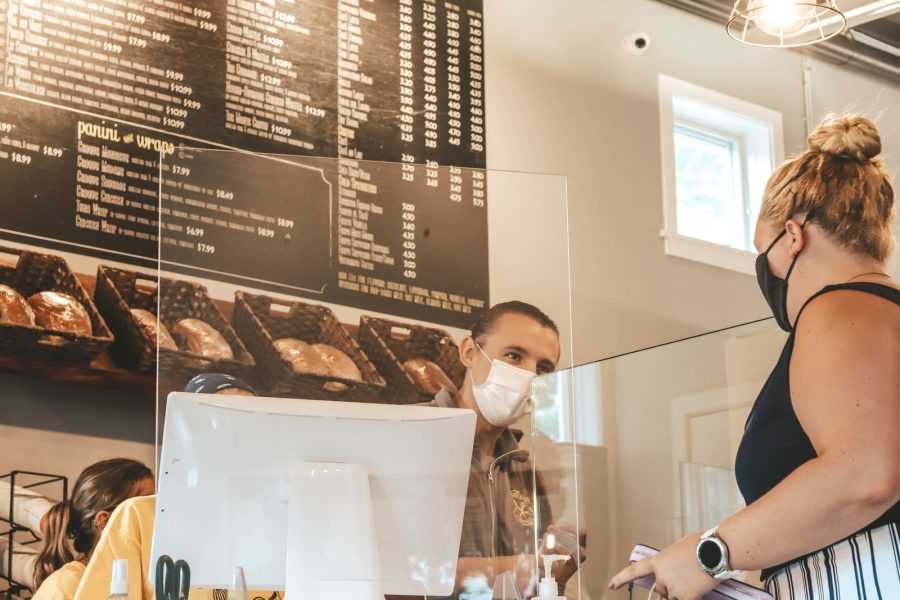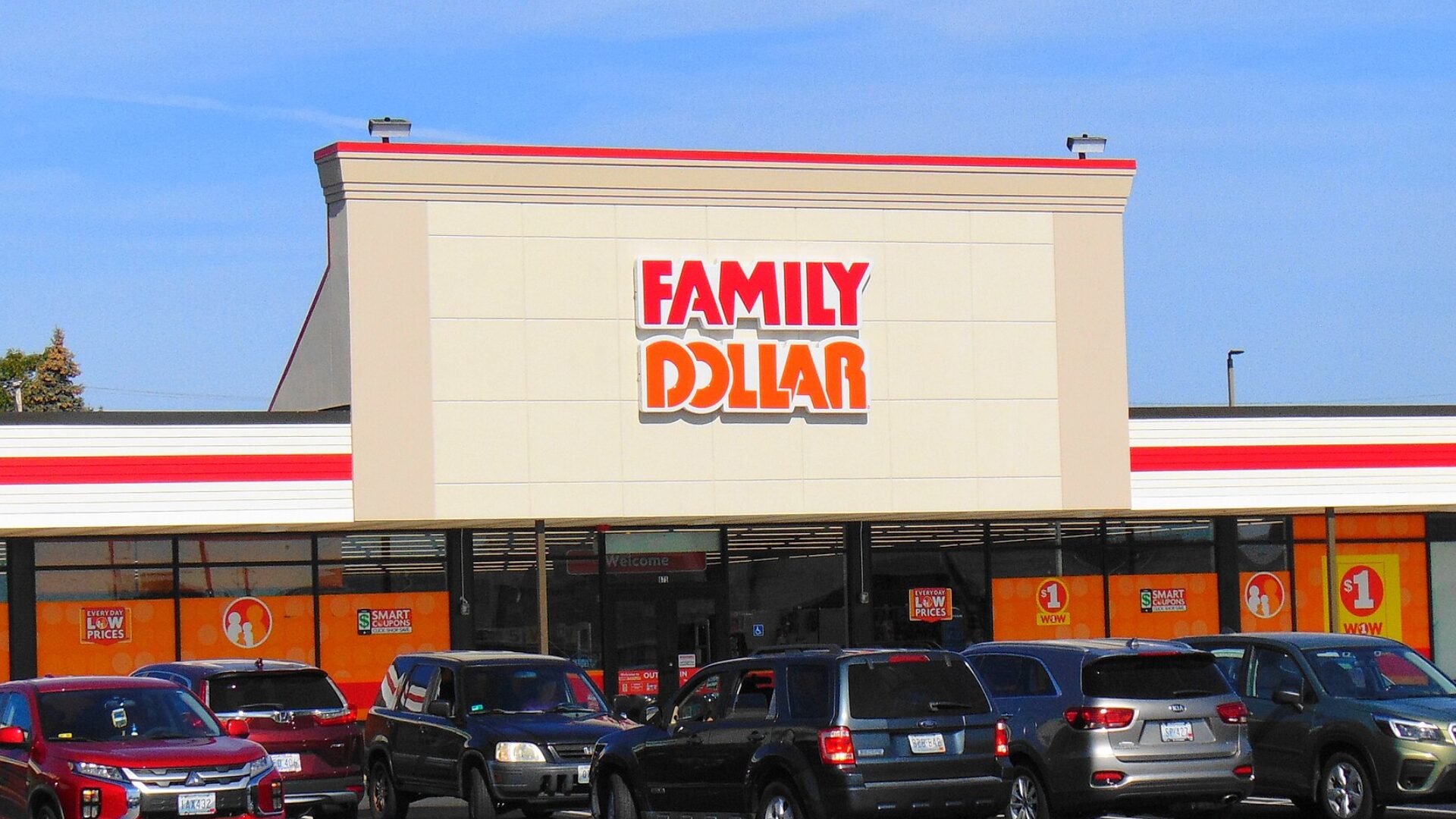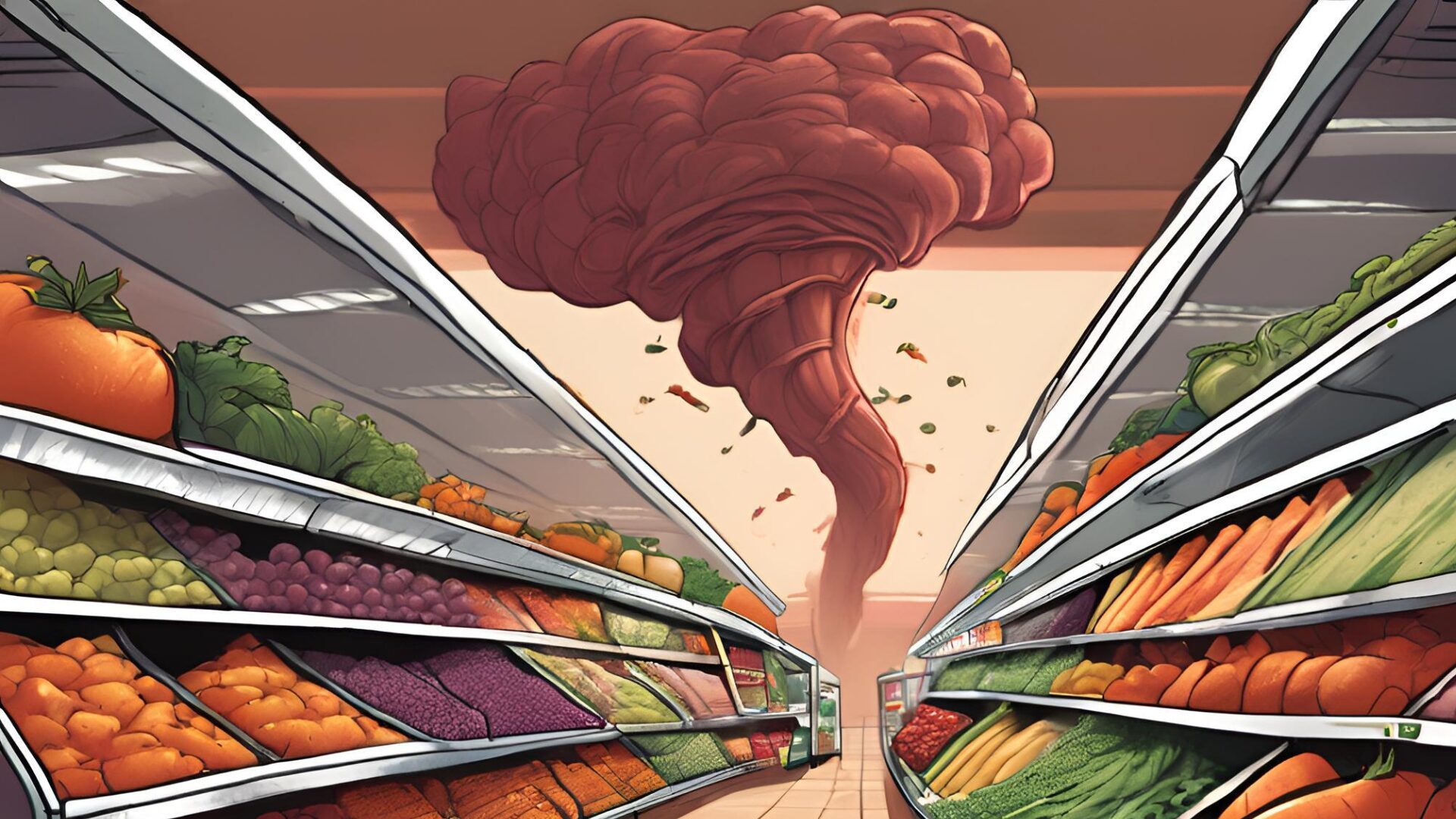The COVID-19 omicron variant is impacting every corner of the food industry.
Case in point: the 2022 Annual Meat Conference, scheduled for February 7-9 in Washington, D.C., has been canceled. The North American Meat Institute (NAMI) and the Food Industry Association (FMI) announced the cancellation Wednesday due to concerns about the highly contagious virus variant, according to multiple reports.
Omicron is especially disrupting the food industry’s workforce.
Restaurants are closing and cutting hours due to a lack of staff, as workers isolate after becoming infected with COVID-19, while restaurants that are in operation are struggling to keep up with orders due to reduced staff, reported Reuters (Jan. 10).
Starbucks is limiting hours at some cafes, while delivery drivers have reported waiting longer to pick up orders at McDonald’s, to name just a couple of the companies being hit.
However, the issue goes beyond just foodservice.
MEAT PRODUCTION SLOWS
Omicron is slowing the nation’s meat production significantly.
The National Joint Council of Food Inspection Locals said an increasing number of USDA meatpacking inspectors are testing positive and Cargill confirmed it was operating some plants with a reduced workforce, reported Reuters.
Less slaughter capacity means a reduced beef supply at a time when demand is booming. A prolonged period of lower rates of production could potentially increase already high meat prices.
FACTORY WORKERS HIT BY VIRUS
Meanwhile, omicron’s spread among U.S. factory workers is further complicating America’s already-stressed manufacturing network, reported The Wall Street Journal.
Executives note that increased demand for manufactured goods means idling production now isn’t an option, so they’re turning to masking mandates, recruiting efforts, and shuffling available workers to different plants as ways to remain operational in the fourth COVID-19 wave.
RETAIL EMPLOYEES FEELING BURNT OUT
The variant is also taking its toll on retail store associates. Employees have expressed concerns about their health, quarantined coworkers, ill-tempered customers, and shortened hours, reported The New York Times.
Many have noted that with vaccinations and boosters they’re less fearful for their lives than they were in 2020, but still remain nervous about catching and spreading the virus.












